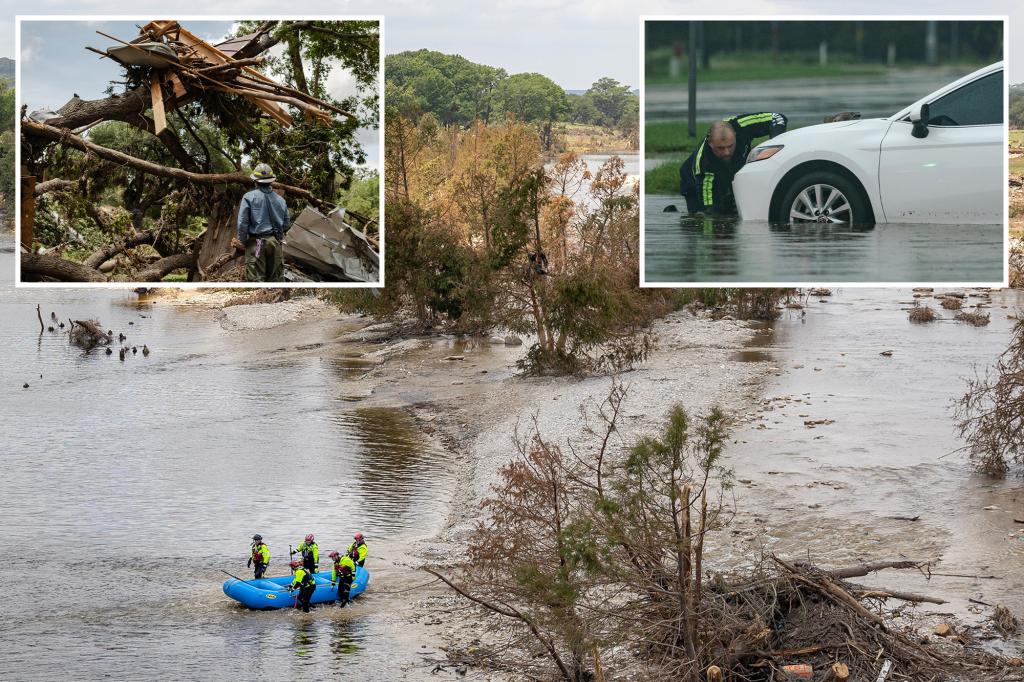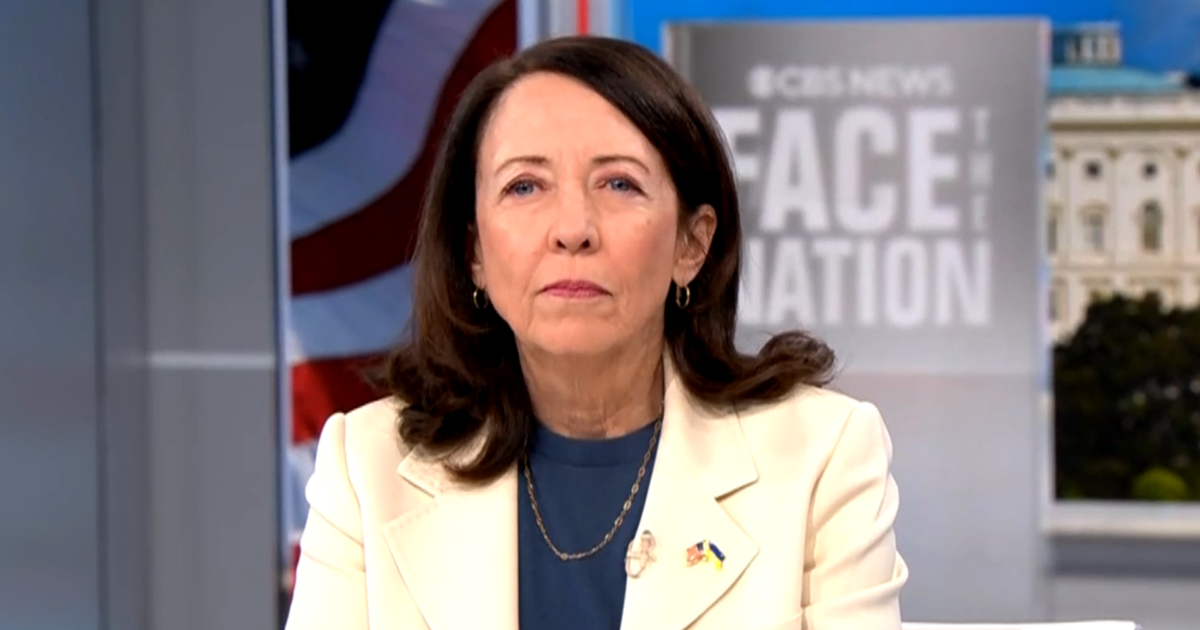“`html
In a groundbreaking move, the United Nations announced a global initiative on climate change adaptation on October 15, 2023, aiming to bolster climate resilience for vulnerable communities worldwide. This initiative, launched at the UN Climate Change Conference in Dubai, seeks to mobilize funding and resources to support nations impacted by extreme weather events and rising sea levels.
Understanding the Global Climate Change Initiative
The initiative, dubbed the “Climate Resilience Fund,” focuses on providing financial assistance to developing nations most affected by climate change. According to UN Secretary-General António Guterres, “Climate change is not just an environmental issue; it is a humanitarian crisis that threatens the livelihoods of millions. Building resilience is essential to ensure that communities can adapt to the changes that are already upon us.”
This initiative comes at a critical time. A recent report from the Intergovernmental Panel on Climate Change (IPCC) highlighted that climate-related disasters have increased by over 50% since the early 2000s, displacing over 20 million people annually. Moreover, scientists warn that unless immediate action is taken, the impacts of climate change will intensify, leading to more severe droughts, floods, and hurricanes.
The Financial Commitment and Targeted Support
The Climate Resilience Fund aims to raise $100 billion annually by 2030, targeting regions that are particularly vulnerable to climate impacts, such as Sub-Saharan Africa, South Asia, and the Caribbean. The funds will be allocated towards projects that enhance water security, improve agricultural practices, and develop sustainable infrastructure.
- Water Security: Investment in sustainable water management systems to combat drought.
- Agricultural Practices: Support for farmers to adopt climate-resilient crops.
- Sustainable Infrastructure: Development of resilient buildings and transportation systems.
Dr. Emily Rodriguez, a climate policy expert at the Global Institute for Climate Solutions, emphasized the importance of this funding. “Without adequate resources, vulnerable communities cannot implement the necessary adaptations to survive climate impacts. This fund is a crucial step towards equity in climate action,” she stated.
Global Perspectives on Climate Action
While the initiative has garnered significant support, it has also sparked debate among global leaders. Some countries argue that developed nations should bear a greater burden of the financing, citing historical emissions as a factor contributing to current climate challenges. For instance, Brazil’s Climate Minister, Carlos Silva, remarked, “Developed nations must lead with their financial commitments. It is their responsibility to support those who have contributed the least to this crisis but are suffering the most.”
Conversely, other nations advocate for a shared responsibility model, emphasizing that all countries must take active steps to combat climate change. “This is a global issue that requires a collective response. Every nation must invest in its own resilience while contributing to the global fund,” stated Japan’s Minister of the Environment, Hiroshi Tanaka.
The Role of Technology in Climate Resilience
In addition to financial support, the initiative highlights the role of technology in enhancing climate resilience. Innovations in renewable energy, water conservation, and agricultural technology will be critical in helping communities adapt to changing conditions. For example, the use of precision agriculture tools can significantly improve crop yields while minimizing water usage.
Furthermore, the integration of satellite technology and data analytics can aid in predicting extreme weather events, allowing communities to prepare and respond effectively. “Technology can be a game-changer for adaptation efforts. By harnessing these tools, we can not only anticipate disasters but also mitigate their impacts,” says Dr. Anya Patel, a leading researcher in climate adaptation technologies.
Next Steps and Future Outlook
As the UN Climate Change Conference continues, stakeholders will work on establishing the framework for the Climate Resilience Fund, including governance structures and criteria for project funding. Moreover, the success of this initiative will hinge on the commitment and collaboration of both developed and developing nations.
The outlook for climate resilience funding appears promising, but challenges remain. The urgency of climate change demands immediate action, and the global community must rally together to ensure that the most vulnerable populations are not left behind. The next steps involve not only securing financial commitments but also fostering partnerships across sectors to maximize the impact of investments.
In conclusion, as we confront the formidable challenges posed by climate change, initiatives like the Climate Resilience Fund represent a critical step towards a more sustainable and equitable future. The implications of this initiative could transcend borders, providing a lifeline to countless communities facing the harsh realities of a changing climate. To stay informed and involved, individuals and organizations are encouraged to follow developments closely and advocate for stronger climate action in their regions.
“`



